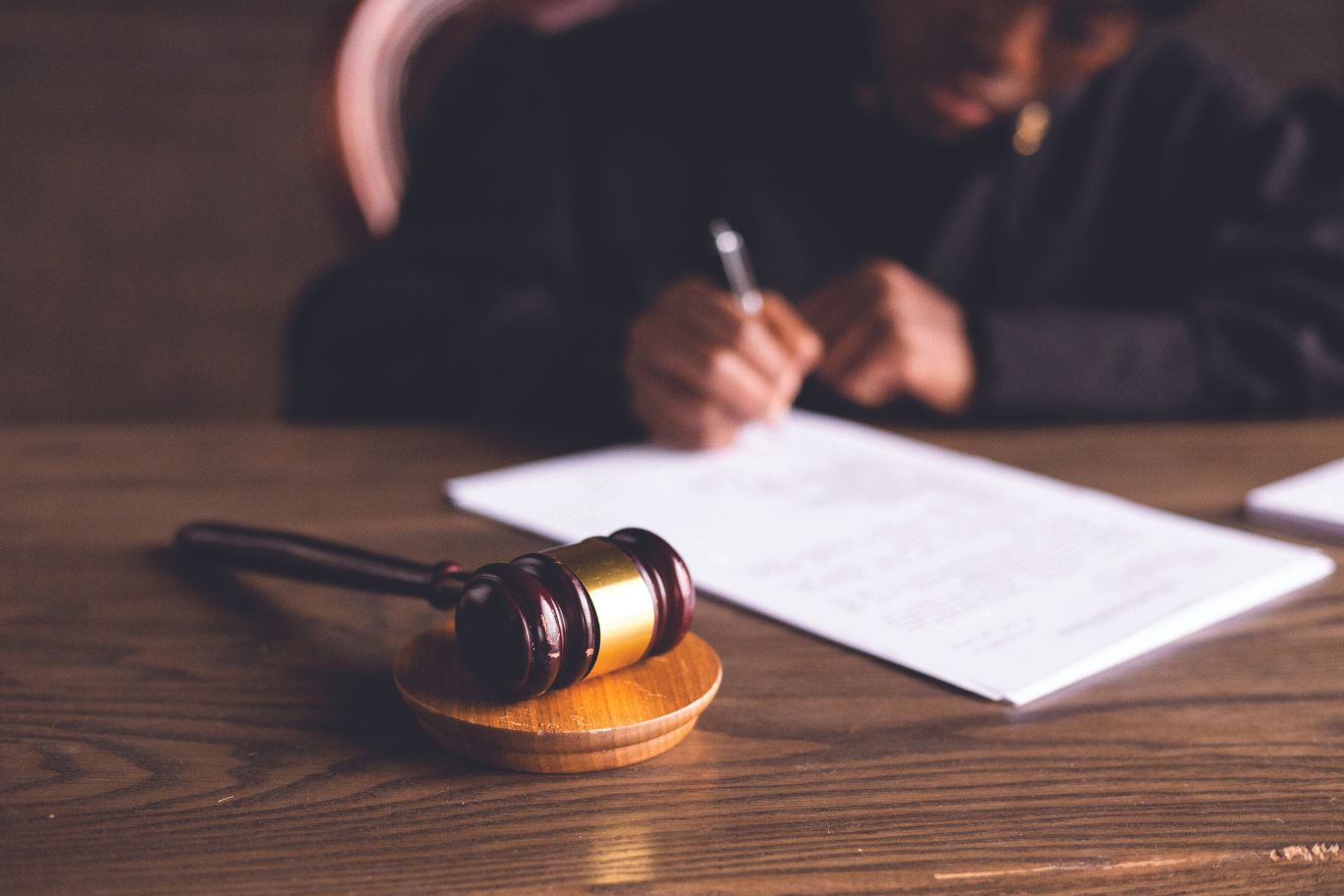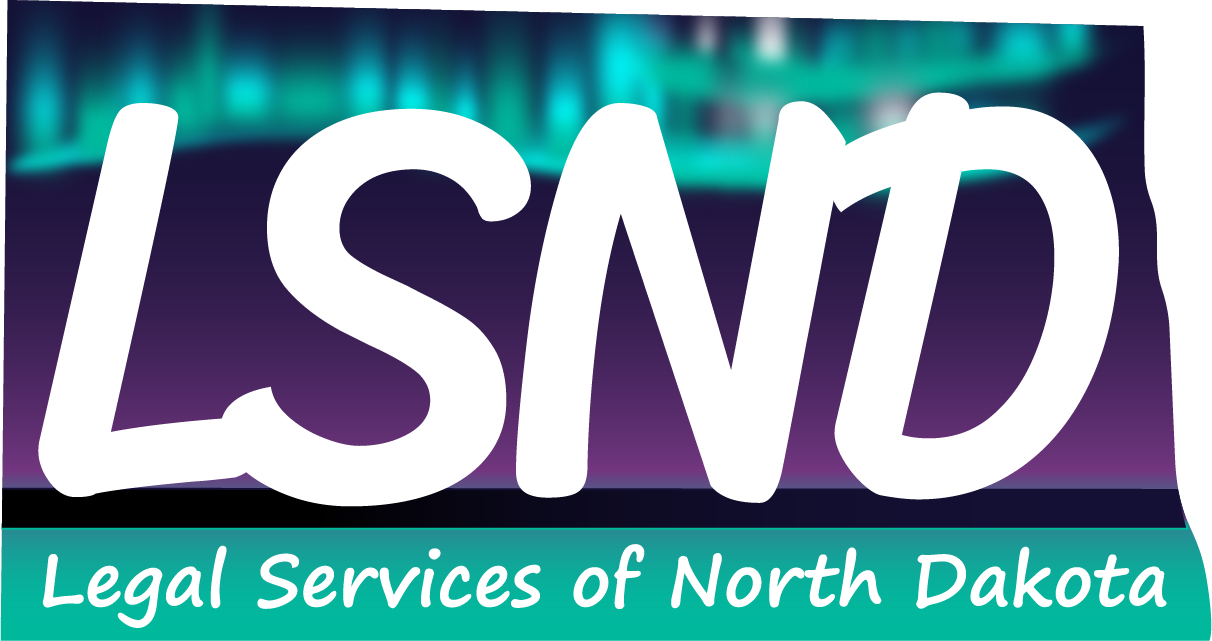Consider Using The Protection Of The Fair Debt Collection Practices Act if you are having trouble with Collection Agencies harassing you.
What Is The Fair Debt Collection Practices Act (FDCPA)?
• The FDCPA protects debtors who are contacted by collection agencies; it generally does not apply to creditors and their employees collecting their own debts.
• The FDCPA regulates the types of conduct used by collection agencies in collecting debts
What Types of Conduct Are Debt Collectors Forbidden To Use?
- Calling you at unusual times or places (earlier than 8 a.m. or later than 9 p.m.). Contacting you at times or places known to be inconvenient to you, such as at work.
- Telling people about your debt.
- Threatening you with violence.
- Using false statements or giving false information about the legal status of your debt.
- Harassing you with continuous telephone calls.
- Using obscene language.
- Calling and not telling you who they are.
- Using postcards or return addresses that identify the debt collector.
What Do I Do If A Debt Collector Calls Me?
If you take a call from a debt collector you should write down the following information:
• Their name
• Their company’s name
• How you may contact them
• What the bill is for and how much the bill is
Do not agree to do anything until you have given it serious thought. Do not commit to anything that you know you cannot do.
How Can I Stop Collector Contacts?
• Hang up the telephone
• Send the collection agency a letter telling them to stop contacting you.
Your letter may look like the following
—-
Dear Sir/Madam:
I am writing to request that you cease further communication with me concerning the debt or debts that you are attempting to collect from me. This is my right as provided in the Fair Debt Collections Practices Act, 15 U.S.C.§1692c(c), Ceasing Communication, which states:
“If a consumer notifies a debt collector in writing that the consumer refuses to pay a debt or that the consumer wishes the debt collector to cease further communication with the consumer, the debt collector shall not communicate further with the consumer with respect to such debt, except:
- to advise the consumer that the debt collector’s further efforts are being terminated;
- to notify the consumer that the debt collector or creditor may invoke specific remedies which are ordinarily invoked by such debt collector or creditor; or
- where applicable, to notify the consumer that the debt collector or creditor intends to invoke a specified remedy.
If such notice from the consumer is made by mail, notification shall be complete upon receipt.”
Your cooperation will be greatly appreciated.
Sincerely,

What If I Believe The Collector Is Violating The FDCPA?
• You can sue a collector who violates the law.
• The FDCPA allows consumers to recover up to $1,000 plus their attorney fees even when their violation is small.
What Should I Do If I Receive Any Legal Papers?
Contact our toll free number 1-800-634-5263 or a private attorney for advice.
Who Do I Contact With Additional Questions?
Seniors 60 and over Call:
1-866-621-9886
Others Call:
1-800-634-5263
You may apply for legal services by completing our online website application.
